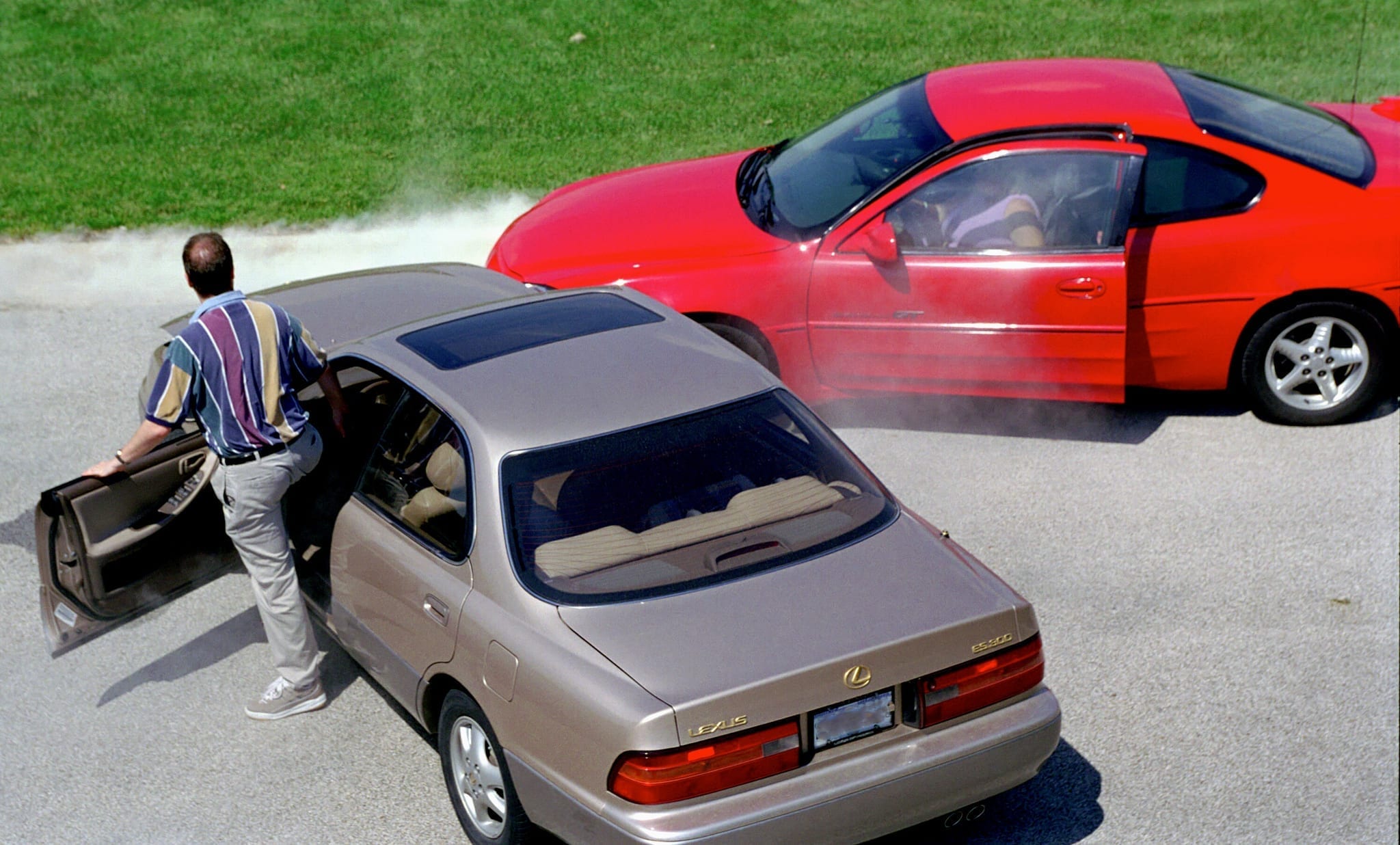While it may be tempting to make a handshake deal with the other driver involved in the accident, it is not recommended.
There are nearly six million car accidents in the U.S. every year. Though many are serious, the majority of car accidents are fender benders. Most fender benders do not cause serious injuries, but they can still have a major effect on your life; this is especially true if you do not take the right steps after a minor car accident.
If you are involved in a minor car accident, it is imperative that you immediately check for injuries, call the police (if necessary), collect evidence, call your insurance company, and contact a reputable car accident lawyer. This may seem like a lot to do, but each step is meant to protect your health and finances. Learn more about the steps to take after a minor car accident below.
Check for Injuries
After a minor accident occurs, check yourself, passengers, and the other driver involved for injuries. Since most fender benders happen at low speeds, serious injuries are not typical. However, some injuries can remain hidden until a few days later.
Whether you don’t feel injured at all or have only suffered minor injuries, it is recommended that you seek immediate medical attention and get cleared by a professional. This is important because if you begin to feel pain days later, it can be difficult to file a successful personal injury claim without sufficient evidence proving that your injury was caused by the accident.
Call the Police
When you call the police, you are ensured that a police report will be available. This can be helpful if you were not at fault for the accident. Most states only require drivers to contact the police if the accident causes injuries and/or property damage above a certain monetary value.

While it may be tempting to make a handshake deal with the other driver involved in the accident, it is not recommended. Police reports can be helpful to your lawyer as well as an insurance provider as they conduct an investigation.
Collect Evidence
Police officers, your insurance company, as well as your attorney will likely conduct their own investigations. However, their investigations may be too late to collect pertinent evidence. With this in mind, your cell phone can be a great tool for collecting pictures and videos of the scene, weather conditions, damage caused, etc. It is also in your best interest to identify potential eyewitnesses and obtain their contact information in case they flee the scene before the police arrive.
Call Your Insurance Company
No matter how big or small the accident is, if it causes damages or minor injuries, it’s recommended that you let your insurance provider know. Some insurance plans stipulate that you must tell them about any accidents within a certain time period or face higher premiums and/or fines.
If you realize that you have been injured, or there is damage to your car, hours or days after an accident has occurred, it may be an uphill climb when filing a claim if you haven’t already alerted your insurance company. Additionally, ensure that you exchange insurance information with the other driver involved. If you forget, you can usually find this information in the police report.
Contact a Car Accident Lawyer
Minor car accidents can have major impacts if not handled correctly. This is truer if the accident causes property damage or bodily injuries. A proven car accident attorney can be beneficial during the investigative process, interviewing eyewitnesses, negotiating with insurance companies, etc. Fortunately, most offer a free initial consultation. If you are not sure about legal representation, it may be helpful to at least schedule a free meeting to learn if they have a solution for your specific circumstances.


Join the conversation!